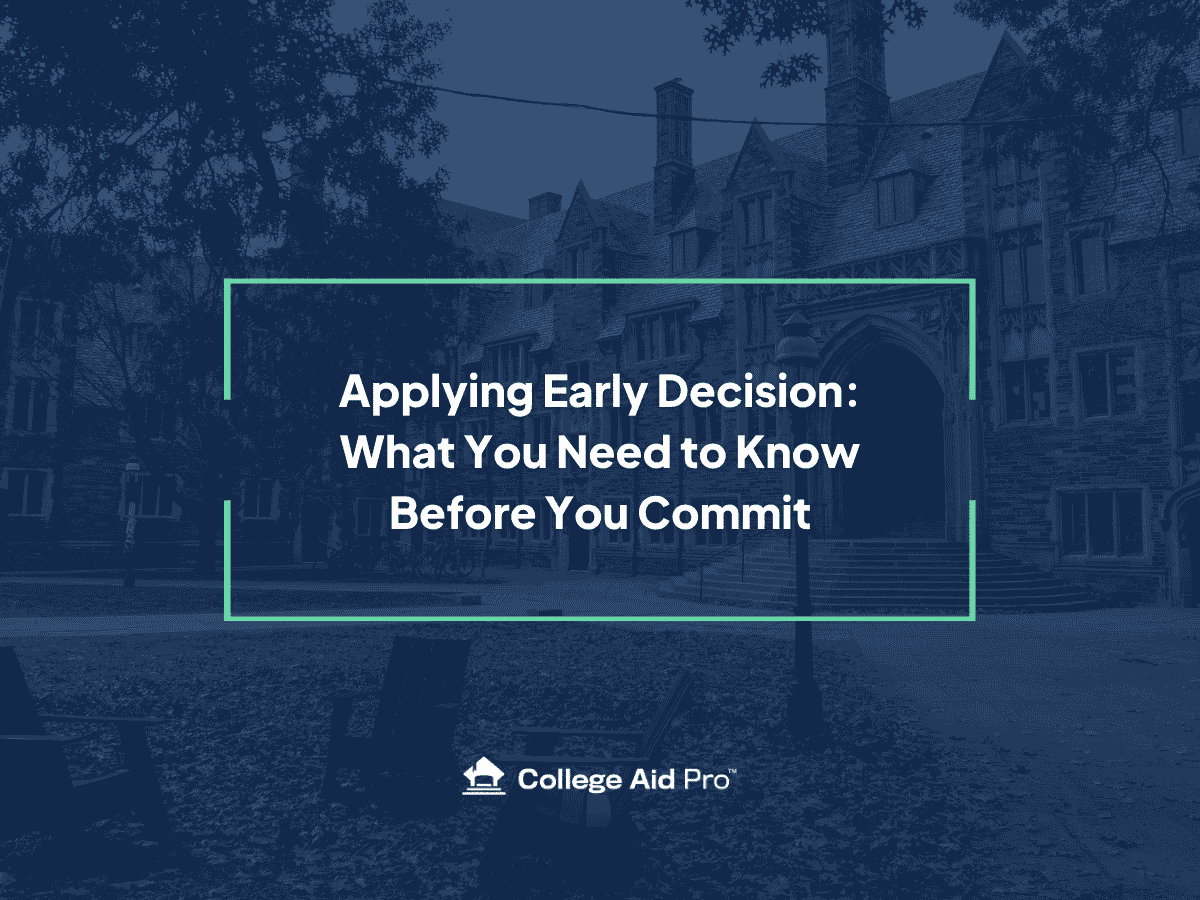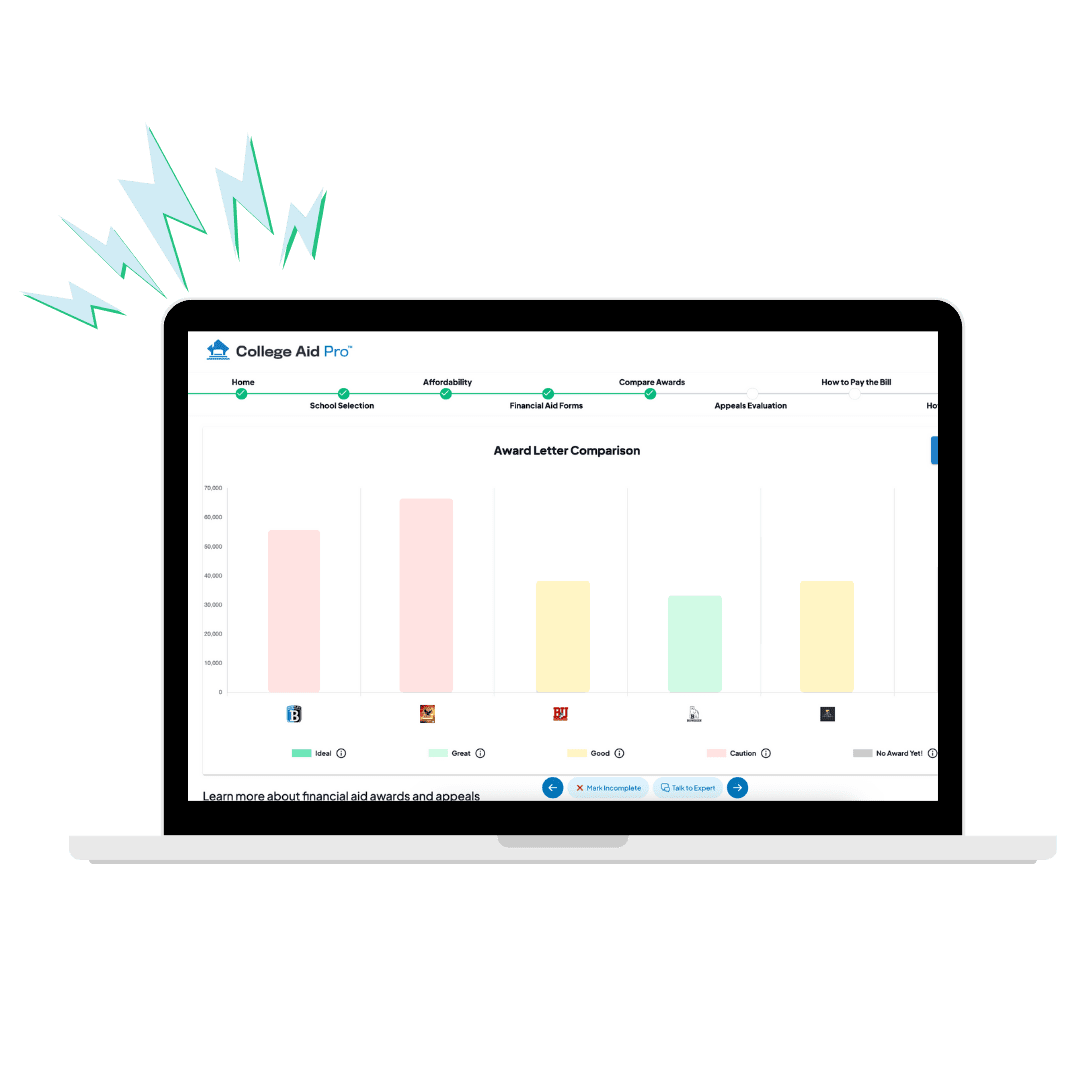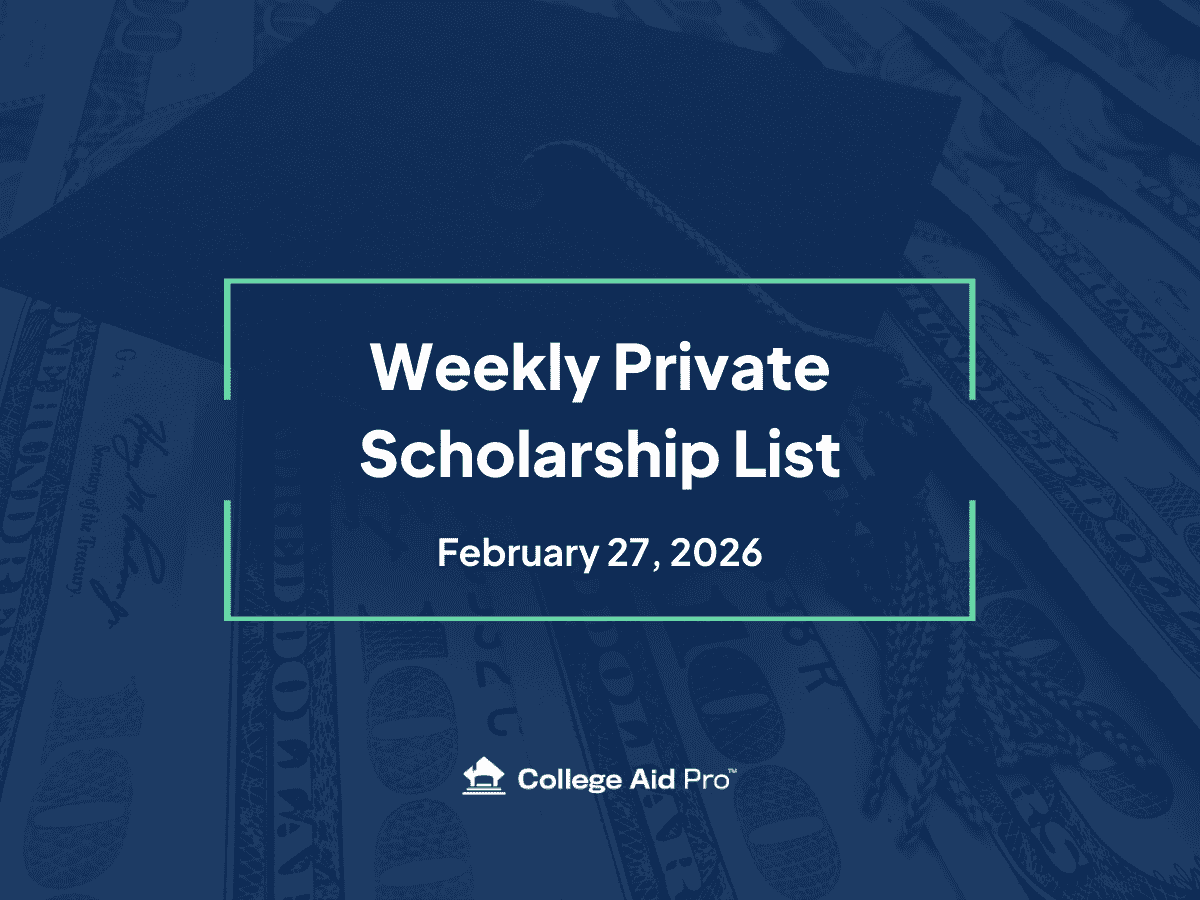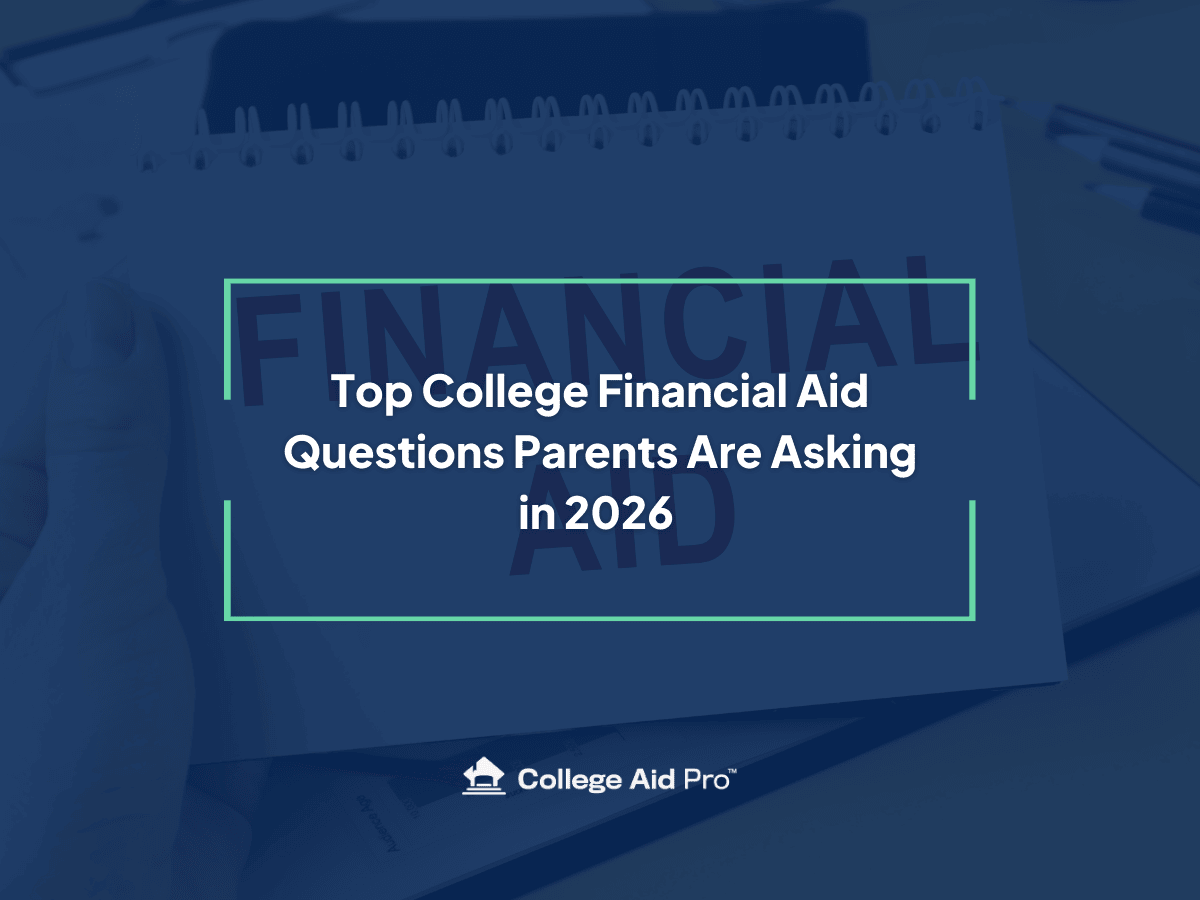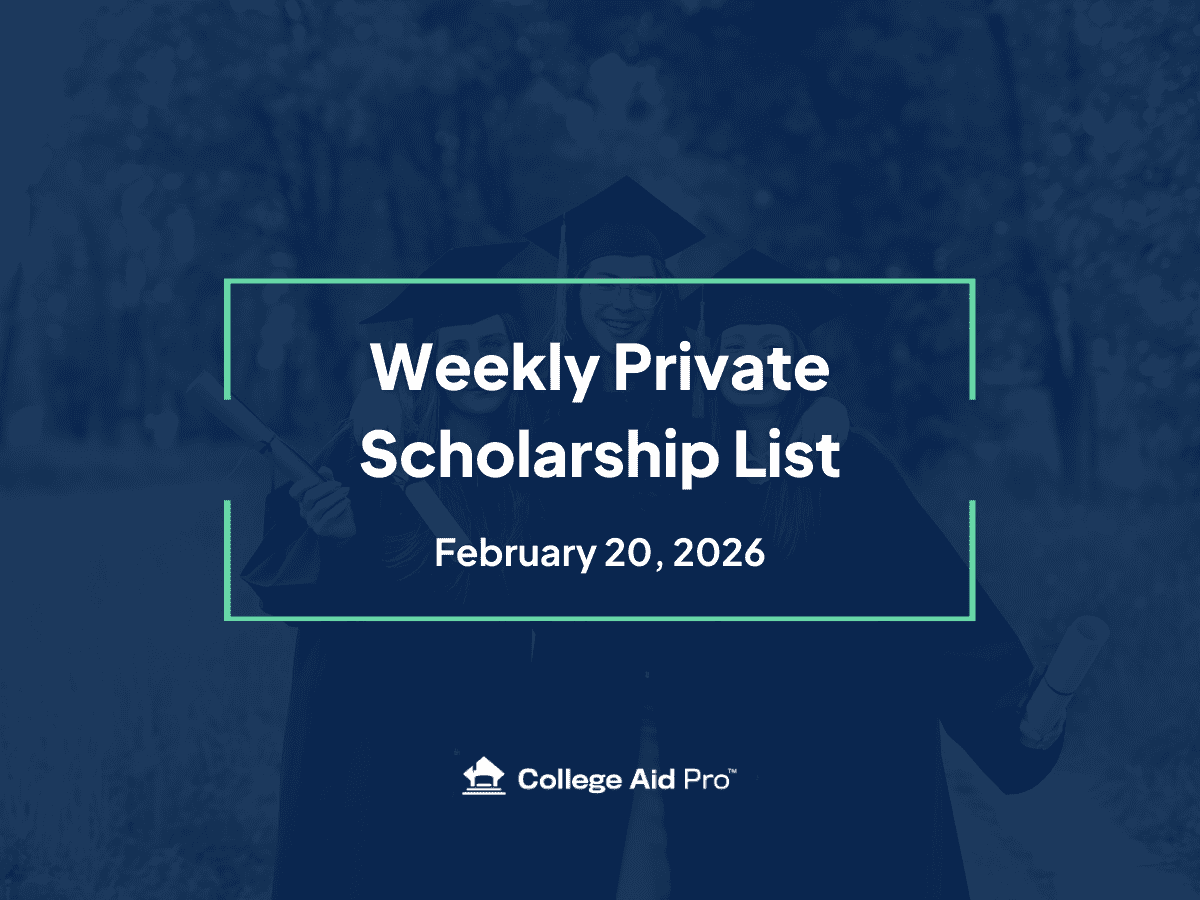Applying Early Decision: What You Need to Know Before You Commit
If your student is thinking about applying Early Decision, you’ve probably heard a lot of opinions — and maybe a few myths — about what it actually means. Does applying early give you a better shot at getting accepted? Could it hurt your financial aid? And most importantly — should you do it?
In the first episode of our newly renamed podcast, Ol’ College Try, Matt Carpenter and Peg Keough from College Aid Pro break down the truth behind Early Decision — the pros, the cons, and the big questions every family should answer before signing that binding agreement.
🎓 What Is Early Decision?
Early Decision (ED) is a binding college admissions option that lets students apply to one school early — usually in November — and get an admissions decision by December. The catch? If you’re accepted, you’re committing to attend that school and must withdraw all other applications.
Not every college offers Early Decision, and it’s very different from Early Action (EA), which lets you apply early without being locked in. Think of ED as putting all your eggs in one basket — emotionally and financially.
⚖️ The Pros of Applying Early Decision
- Higher Acceptance Rates (Sometimes).
Many colleges admit a larger percentage of their incoming class through Early Decision. For example, schools like Brown, Dartmouth, and Lehigh all accept significantly higher percentages of ED applicants than regular ones. - Less Waiting, Less Stress.
You’ll find out earlier whether you’ve been accepted, which can take a lot of pressure off senior year — especially if your dream school says yes. - Demonstrated Interest.
Colleges love commitment. Applying ED tells admissions offices you’re all in, and that enthusiasm can help if you’re already a strong fit.
💸 The Cons of Applying Early Decision
- It’s a Binding Contract.
Once you’re in, you’re expected to go — unless the financial aid package doesn’t meet your needs. This is a serious agreement signed by the student, parent, and school counselor. - You Lose Financial Leverage.
When you apply Early Decision, you can’t compare financial aid or scholarship offers from other schools. That means you may end up paying more than you would have if you’d waited and compared options. - The Emotional Trap.
Families often fall into the “we’ll make it work” mindset when their child gets into a dream school — even if it’s not financially sustainable. As Matt and Peg put it: colleges know this, and they use it to their advantage.
💰 What About Financial Aid and Scholarships?
One of the biggest myths about Early Decision is that students won’t receive financial aid or scholarships. That’s not entirely true — but it’s complicated.
In most cases, ED students are packaged similarly to regular decision applicants. However, colleges know ED students are already committed, which can sometimes mean slightly lower offers or less incentive to compete with merit aid.
If you do get under-awarded, you can still appeal — especially if you have data to show what your expected aid should be. As Peg shared, families who understand their numbers and push back respectfully can often get schools to adjust their offers.
“It’s not about emotion. It’s about knowing your numbers, standing firm, and treating college like the business decision it is.” — Peg Keough
🧠 How to Decide If Early Decision Is Right for Your Family
Before you hit “submit” on that ED application, make sure you can confidently check these two boxes:
- It’s the student’s true dream school.
Not just because of a cool dorm or a lazy river — but because it’s the best academic, social, and personal fit. - You know exactly what it will cost.
Run your numbers through reliable financial tools like MyCAP and map out a realistic four-year cash flow plan. If the school isn’t affordable, it’s not worth the risk.
If you can’t check both boxes, Early Decision probably isn’t the right move — and that’s okay. Early Action can still give you an edge without locking you in.
🏁 The Bottom Line
Early Decision can be a smart strategy for some families — but only when approached with eyes wide open. Remember, colleges are businesses. They’ll market ED as a win-win, but the real advantage often lies on their side.
Before you commit, take the time to understand your financial aid picture, evaluate your options, and talk openly as a family. When it comes to paying for college, the best decision is an informed one.
🎧 Listen to the Full Episode
Catch the full conversation with Matt and Peg on Ol’ College Try:
🎙️ “Applying Early Decision: What You Need to Know” — streaming now wherever you get your podcasts.
